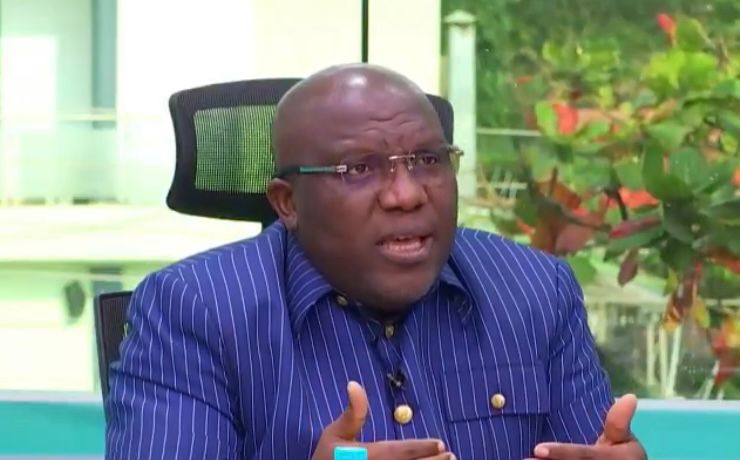Seth Acheampong, who served as Eastern Regional Minister during the Akufo-Addo administration, has publicly criticized former President John Dramani Mahama, accusing him of dishonesty regarding his stance on declaring a state of emergency to combat illegal mining, commonly known as galamsey. Acheampong’s critique stemmed from Mahama’s statements during a media encounter where he argued that declaring a state of emergency should be a last resort in addressing the galamsey crisis. Mahama emphasized the availability of existing legal frameworks sufficient to tackle the issue without resorting to such extreme measures. While Acheampong concurred with Mahama’s position on the impracticality of a state of emergency, he accused the former president of contradicting his previous stance while in opposition.
Acheampong’s central argument revolves around the perceived inconsistency in Mahama’s public pronouncements. He contended that Mahama’s current position contrasts sharply with the rhetoric employed by the National Democratic Congress (NDC) while in opposition, where they advocated for more drastic measures against illegal mining. Acheampong highlighted the need for honesty in public discourse, particularly on critical national issues like galamsey, urging political leaders to present a consistent and truthful narrative to the public. He suggested that a lack of transparency and shifting positions erode public trust and make it difficult for citizens to appreciate the complexities of governing.
The debate surrounding the use of a state of emergency to combat galamsey highlights the complex legal, social, and political considerations involved. Acheampong, drawing on his experience as a former regional minister, emphasized the significant implications of declaring a state of emergency, including potential threats to state authority and overall stability. He argued that such a declaration is not a simple or straightforward process and requires careful consideration of various factors, including the potential for unintended consequences. He underscored that the existing legal framework, while perhaps not perfect, provides adequate tools to address the galamsey menace without resorting to such drastic measures.
Furthermore, Acheampong’s criticism extends to the current government’s approach to galamsey. He suggested that the campaign promises of declaring “war” on illegal mining were ultimately misleading, revealing a disconnect between political rhetoric and the practical realities of governance. He implied that the government’s current stance, which mirrors Mahama’s position, demonstrates a realization that a state of emergency is not a viable solution. This, he argued, highlights the importance of grounding policy decisions in practicality rather than resorting to populist pronouncements during election campaigns.
The exchange between Acheampong and Mahama illustrates the ongoing debate surrounding the most effective strategies to combat illegal mining in Ghana. While both appear to agree on the unsuitability of a state of emergency, their disagreement lies in the perceived inconsistency in Mahama’s position over time. This highlights the challenges faced by successive governments in addressing the complex galamsey issue, balancing environmental protection, economic considerations, and the rule of law.
Ultimately, the discussion underscores the need for a comprehensive and sustainable approach to tackling illegal mining. This involves strengthening existing legal frameworks, enhancing enforcement mechanisms, promoting community involvement, and addressing the underlying socio-economic factors that drive individuals to engage in galamsey. It also requires open and honest dialogue among political leaders, acknowledging the complexities of the issue and working towards solutions that are both effective and sustainable.














